Partners
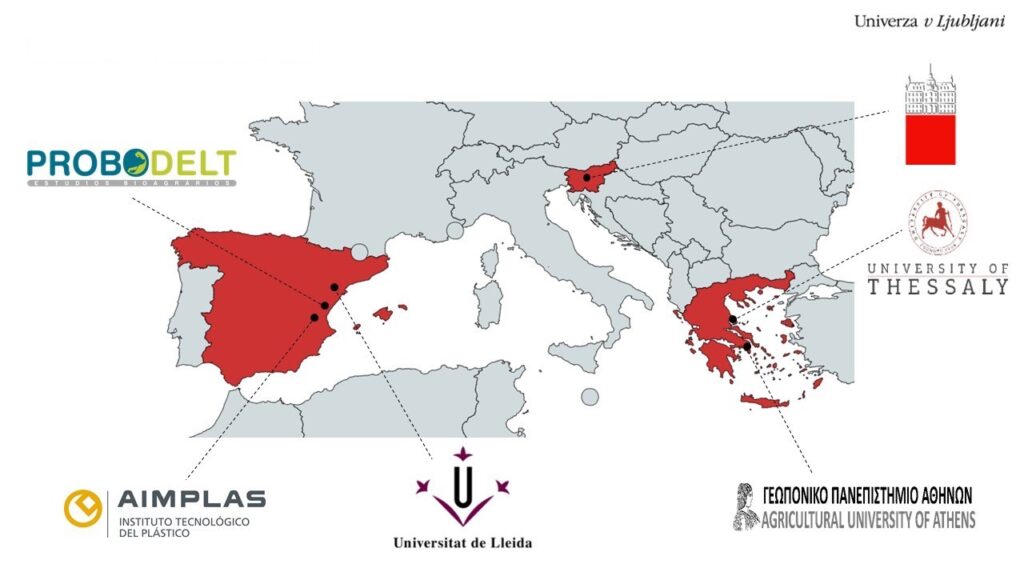
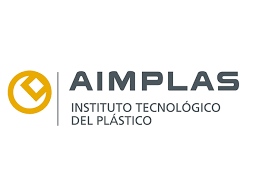
AIMPLAS, the Plastics Technology Centre based in Valencia since 1990, is a private non-profit association with +650 associated companies. It generates new knowledge and technologies that are transferred to companies, helping them to increase competitiveness.
AIMPLAS is formed by +170 highly skilled professionals with huge expertise in plastic materials and products for different sectors. It has +20 pilot plants with the most relevant polymer/plastic/composite production technologies present in the industry, as well as laboratories for chemical, morphological, mechanical and physical characterization of waste, materials and products.
AIMPLAS has a broad expertise in recycling, compounding and special assisted processing technologies, gained in EU and national projects. It has a proven record of R&D&I successful cases in EU projects: 9 FP5 (1 coordinated), 20 FP6 (10 coord.), 34 FP7 (10 coord.), 11 LIFE+ (7 coord.), and 8 CIP Eco-Innovation (3 coord.), 33 H2020 (12 coord.), 2 Leonardo and 2 Intelligent Energy Europe. BREAD4PLA project, coordinated by AIMPLAS, was awarded as one of the most exceptional projects of the LIFE programme’s 25-year history. AIMPLAS will use its project management expertise to ensure the achievement of objectives and optimum resource allocation.
AIMPLAS has 1) Sustainability & Recycling business-work line, whose R&D activities are focused on plastic waste management, recycling and environmental impact reduction; 2) experience in eco-design, recyclability and new applications for recycled plastics; 3) state-of-the-art pilot plants for recycling & compounding; 4) recognized by Der Bleu Engel to verify recycled products.
Dissemination activities are crucial for AIMPLAS, carrying out technical conferences and attending relevant events at EU level as speaker and/or with its own booth. It also takes part in international and national research networks and technological platforms and participates in 22 Standardization Committees. AIMPLAS will engage in trap design optimisation and operational review activities, technology transfer and marketing preparation.
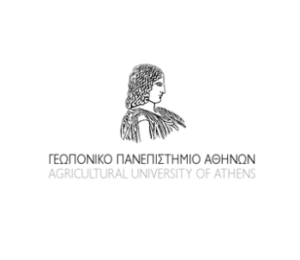
The Agricultural University of Athens (AUA) is the 3rd oldest university in Greece. Since 1920, contributes consistently and continuously to Greek and European primary sector development, by conducting basic and applied research in agricultural related sciences. AUA conducts the 1/3 of the agricultural research in Greece. AUA campus is a complex of 16 buildings comprising of auditoriums, 41 fully equipped laboratories, a modern library, computer clusters, extensive agricultural facilities (an arboretum, vineyard, experimental fields, flower garden, greenhouses, cowshed, sheep pen, chicken coop, dairy installations, aquaculture tanks). AUA counts 178 academic stuff, 300 supportive stuff, 3,000 students, 450 M.Sc. students and 250 Ph.D. students. AUA research funding schemes come from the private sector as well EU and Greek research projects (i.e., AUA the last 4 years has participated, as a leader or partner in 53 EU projects). AUA contributions address a wide range of issues related to food safety and environmental protection significantly affecting the daily lives of Greek and Europeans citizens: food quality and safety, water resource
conservation, organic farming, alternative energy sources, biotechnological applications in agriculture, information and communications technology, forestry and natural environment management. The Laboratory of Agricultural Zoology and Entomology of AUA contacts research on systematics, biology and ecology of phytophagous, predator and free-living insects and mites; systematics, biology and ecology of insect parasitoids; integrated animal pest control in field and greenhouse crops; surveillance, biology, ecology and control of insects and mites in stored agricultural products and insects of hygienic importance, foodstuff and dwellings, biology, ecology and control of wood-boring insects; biology, ecology and control of insects in forest ecosystems; insect semiochemicals; surveillance, biology and ecology of meadow microarthropods.
The Laboratory of Agricultural Zoology and Entomology will mainly engage in trials in Greece, kpi monitoring and dissemination activities.
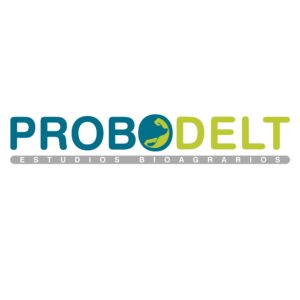
PROBODELT was born in 1995 with the objective of designing and carrying out programs for a reasonable sensible pest control. Since the very beginning, some strategies were developped and some methods were applied with very effective results. PROBODELT’s approach, based on the integration of different control techniques and the fine tuning of simple application systems, has given this company a good reputation and has kept it worlwide at the cutting edge of technology. Pest presently being controlled with PROBODELT‘s techniques are the rice warm (Chilo suppressalis) in Catalonia (Ebro delta and Pals’ rice fields) and la Camargue (Roïne Delta, France), the Mediterranean fruit fly (Ceratitis capitata) in citrus and sweet fruit areas in Catalonia, País Valencià, Múrcia, Andalusia, Aragó and the Balear Islands, the artichoke borer (Gortyna xanthenes) in Catalonia, the (olive tree fly Bactrocera oleae) in the south of Catalonia and the diamondback moth (Plutella xylostella) in Catalonia.
PROBODELT is a pioneer SME in pest control, with 1 million trap sales in 2020 in 5 countries, specialising in pheromones and traps for the detection, analysis, mapping and managing mass trapping of pests in agricultural crops, forest areas and stored goods. It will mainly engage in trap and MD optimisation, advise on applications of efficient mass trapping and MD methods as well as in dissemination activities.
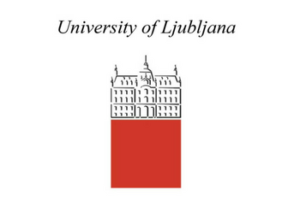
The University of Ljubljana (UL, 1919), which currently integrates 23 faculties, has been the largest and highest quality Slovenian scientific and research organization. More than 3,500 researchers are working at the UL, and they regularly contribute almost 50% of all internationally acclaimed scientific publications from the Republic of Slovenia. The UL is very active in international research and educational programmes and projects, especially in the EU Framework Programmes (FP7, H2020), where it ranks among the top of universities and research organizations from the new EU Member States (EU 13). By participating in development projects financed with EU Structural Funds, the UL contributes significantly to the infrastructure development, structural change and economic development of Slovenia. The University offers researchers a stimulating research environment, open opportunities for career development and further training necessary for research work. The research activity of the Biotechnical Faculty covers a wide range of life sciences. Researchers of the Faculty are engaged in both fundamental and applied research, and in this form they intensely cooperate on praxis. In addition to the basic biological sciences, their work is largely characterized by agri-food and forest-wood value chains and by the management of natural resources. Research in the field of agriculture covers the spectrum of technology, optimisation of the food production and processing, genetics, pedology, typology, classification and evaluation of the landscape, urban planning, landscape architecture and ecology of urban space. In the field of crop protection the research activities are mainly connected with development, optimization and implementation of environmentally acceptable methods for controlling plant pests (biological and biotechnical methods, IPM, companion plants etc.).
The Biotechnical Faculty of the University of Ljubljana will mainly engage in suitability trials with traps and MD formulation, kpi monitoring and dissemination activities.
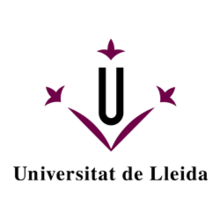
The Universitat de Lleida (UdL) is a public university that deals with teaching, research and transfer of technology in several science and humanity fields. It has a predominant position on agronomic and forestry studies, concentred in the Campus of Agrifood, Forestry and Veterinary, which is the largest agrifood and forestry campus in Catalonia and one of the largest in Spain. In this campus, the Department of Crop and Forest Sciences develops research, teaching and technology transfer to the agricultural and forestry sectors. In this department is the Quality Research Group “Integrated Management of Agricultural and Forestry Pest”, which staff develops teaching, research and technology transfer in sustainable control strategies for pest control of, forestry and urban green spaces ecosystems. The group also teach in the degrees of Agricultural Engineering, Forest Engineering and coordinates the official interuniversity master in Integrated Pest Management. The specialization fields of the Group are: • Identification of pests • Biology and ecology of pests and their natural enemies • Development of methodologies for monitoring pest and their natural enemies • Implementation of sustainable strategies of pest control • Biological control of pests, mainly conservative and augmentative methods. • Use of semiochemicals (pheromones) for pest monitoring and control • Evaluation of the efficacy and selectivity of new pest control methods. The group has a solid scientific and technical background in pest control, showed by: 1) the number of scientific articles, books, book chapters and transference articles and documents; 2) the number of contributions to international and national scientific congresses; 3) the competitive research projects funded by national and international organisms; 4) the number of agreements with private companies; 5) the uncountable talks and meetings to the agricultural, forestry and urban sector.
The Laboratory of Entomology of the Department of Crop and Forest Sciences will mainly engage in trials, kpi monitoring and dissemination activities.
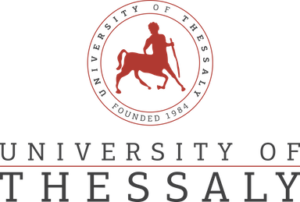
University of Thessaly, with 37 Departments, and 8 schools is a University with its own identity and with a prominent position in Greece’s national educational system for 43000 students. The Laboratory of Entomology & Agricultural Zoology (Professor’s Athanassiou group) covers a broad range of research subjects related with Entomology and in particular with the biology, ecology and management of insect pests at pre- and post-harvest stages of agricultural production. Indicatively, it has participated during the last five years in numerous international and national competitive research projects with a total budget that exceeds six (6) million Euros. During recent years, the lab is working intensively on the exploitation of insects as a sustainable alternative source of nutrients in animal feeds. It has the know-how as well as the facilities and the skilled staff for mass-rearing of insects in lab scale. The Laboratory of Telecommunications and Networks (NITLab), under Associate Professor Korakis, is a modern and integrated ecosystem of experimentation and research. A key research tool is the NITOS experimental infrastructure, which enables the study and evaluation of new real-time network technologies, enabling since 2008 researchers from all over the world to remotely access and study pioneering network systems in realistic conditions. Currently, it is one of the largest infrastructures in Europe and part of the largest federation of Next Generation Internet (NGI) testbeds (eg Fed4FIRE, OneLab) and offers an integrated 5G experimental ecosystem to researchers worldwide. NITLab is involved in a number of innovative European research programs that build on 5th generation interconnection technologies, integrating network infrastructures with distributed data storage and analytics, to develop innovative real-time applications. NITLab has been focusing on the development of novel ICT options for smart agriculture applications through various national projects.
The two laboratories exert great efficiency in remote sensing applications in the agricultural sector and will ensure efficient project management at all levels and participate in trials with traps, in technical guidance, kpi monitoring and dissemination activities.